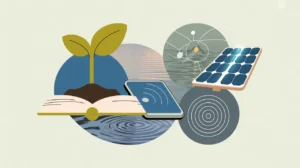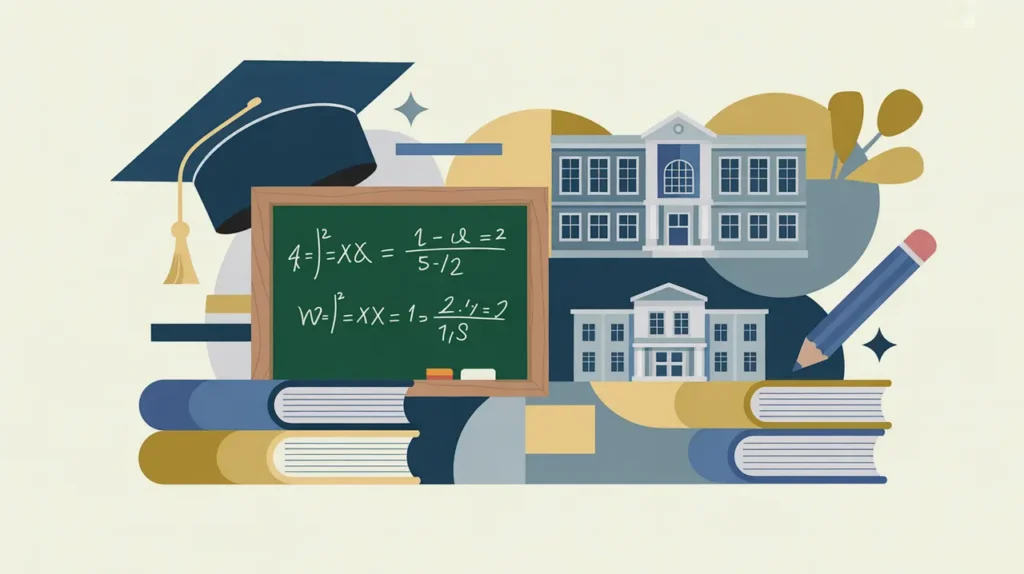Importance of Primary Education
Primary education is the foundation of learning and personal development. It equips children with essential literacy, numeracy, and problem-solving skills while shaping values, confidence, and social interaction. In international development, primary education is critical for breaking cycles of poverty, reducing inequality, and improving health and wellbeing. For nonprofits and social innovators, it matters because access to quality primary education creates pathways for opportunity, resilience, and long-term social progress.
Definition and Features
Primary education refers to the first stage of formal schooling, typically covering early childhood to pre-adolescence. Its defining features include:
- Foundational Learning: literacy, numeracy, and basic life skills.
- Universal Access: recognized as a right under global frameworks like the SDGs.
- Holistic Development: fostering cognitive, social, and emotional growth.
- Public Responsibility: often publicly funded and delivered to ensure equity.
How this Works in Practice
In practice, primary education is delivered through public schools, private institutions, and community-based programs. Governments are responsible for providing universal access, while NGOs often fill gaps in underserved areas or marginalized communities. For example, school feeding programs may improve attendance, while digital learning platforms expand access in rural regions. Challenges include overcrowded classrooms, undertrained teachers, gender disparities, and lack of infrastructure or materials.
Implications for Social Innovation
Primary education has significant implications for social innovation because it sets the stage for lifelong learning and human development. Innovations such as low-cost schools, mobile classrooms, and adaptive learning technologies are expanding access and quality. For proximate actors, strong primary education systems affirm dignity and create opportunities for future participation in society. Primary education is essential for achieving inclusive and sustainable development.







